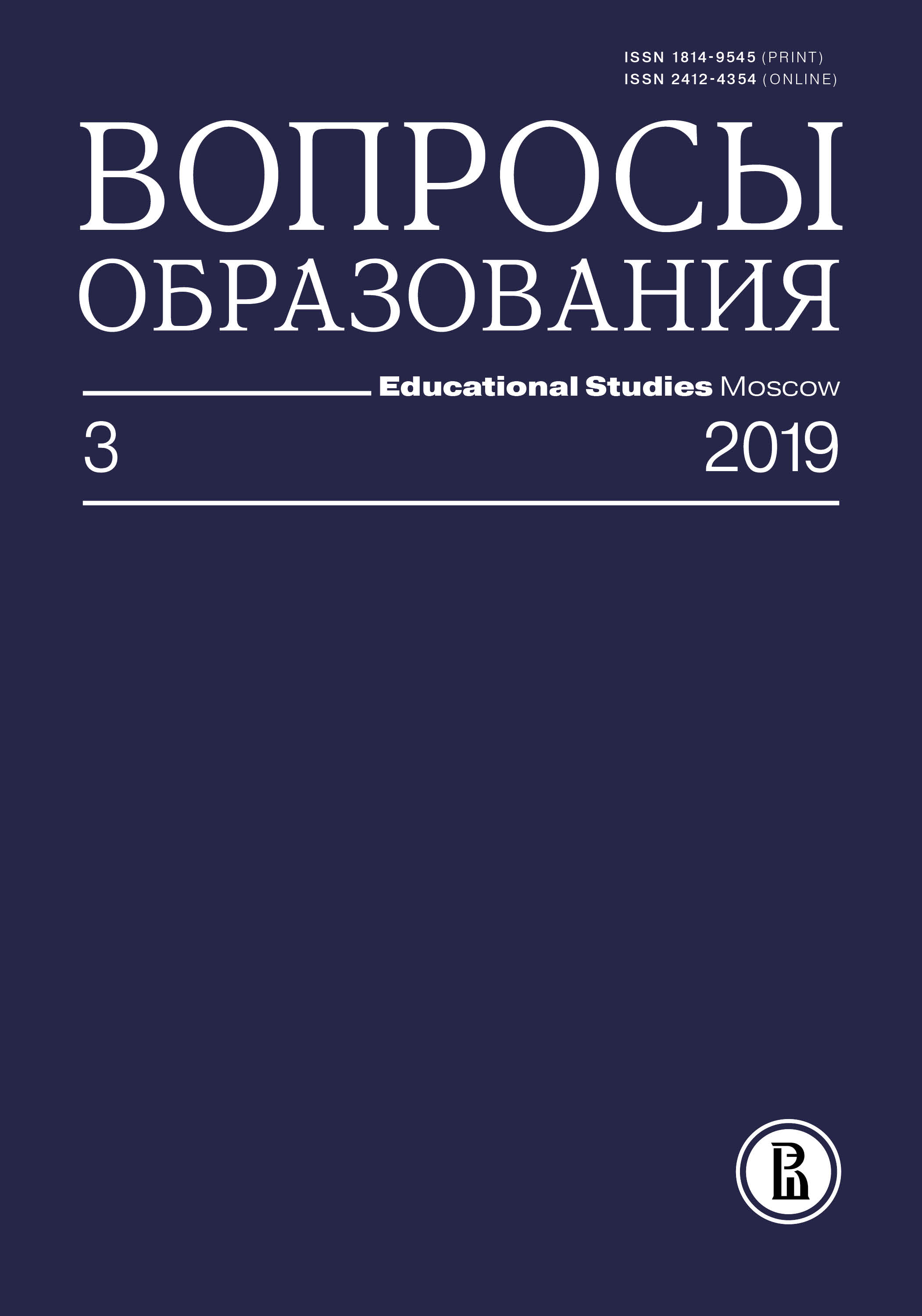Интеграция школ в Латвии и Эстонии через реформу содержания образования
Аннотация
Анализируется реформа образовательного стандарта в школах с русским языком преподавания в Латвии и Эстонии. С целью выяснить, насколько успешной была эта реформа с точки зрения принятия нового стандарта и улучшения показателей в Международной программе оценки образовательных достижений учащихся (PISA), автор оценивает, насколько положения законов о реформе и других документов, имеющих к ней отношение, были интегрированы в повседневную школьную практику и насколько академические результаты их отражают. Исследование опирается на сложившуюся после распада СССР ситуацию естественного эксперимента: страны, вышедшие из одной образовательной системы, реализовывали разные курсы реформ и достигли разных результатов. Образовательный стандарт изучается на трех уровнях: предлагаемый (зафиксированный в документах), реализуемый (преподаваемый в школах) и освоенный (получивший отражение в результатах оценки знаний). Для решения поставленных задач проведены анализ документов, описывающих основные положения реформ; серия глубинных интервью в русскоязычных школах с целью изучения процесса включения предлагаемых нововведений в педагогическую практику, а также анализ динамики показателей латвийских и эстонских учащихся в PISA за период с 2006 по 2015 г. по математике, чтению и естествознанию. Показано, что дистанция между предлагаемым образовательным стандартом и освоенным сократилась в обеих странах. Школы активно внедряют предлагаемые изменения в обучение, а показатели в PISA непрерывно растут, однако способы достижения этих результатов в исследуемых странах различаются. Методология естественного эксперимента позволила как изучить процесс реформирования образования в двух странах, так и оценить эффекты вводимых преобразований.








